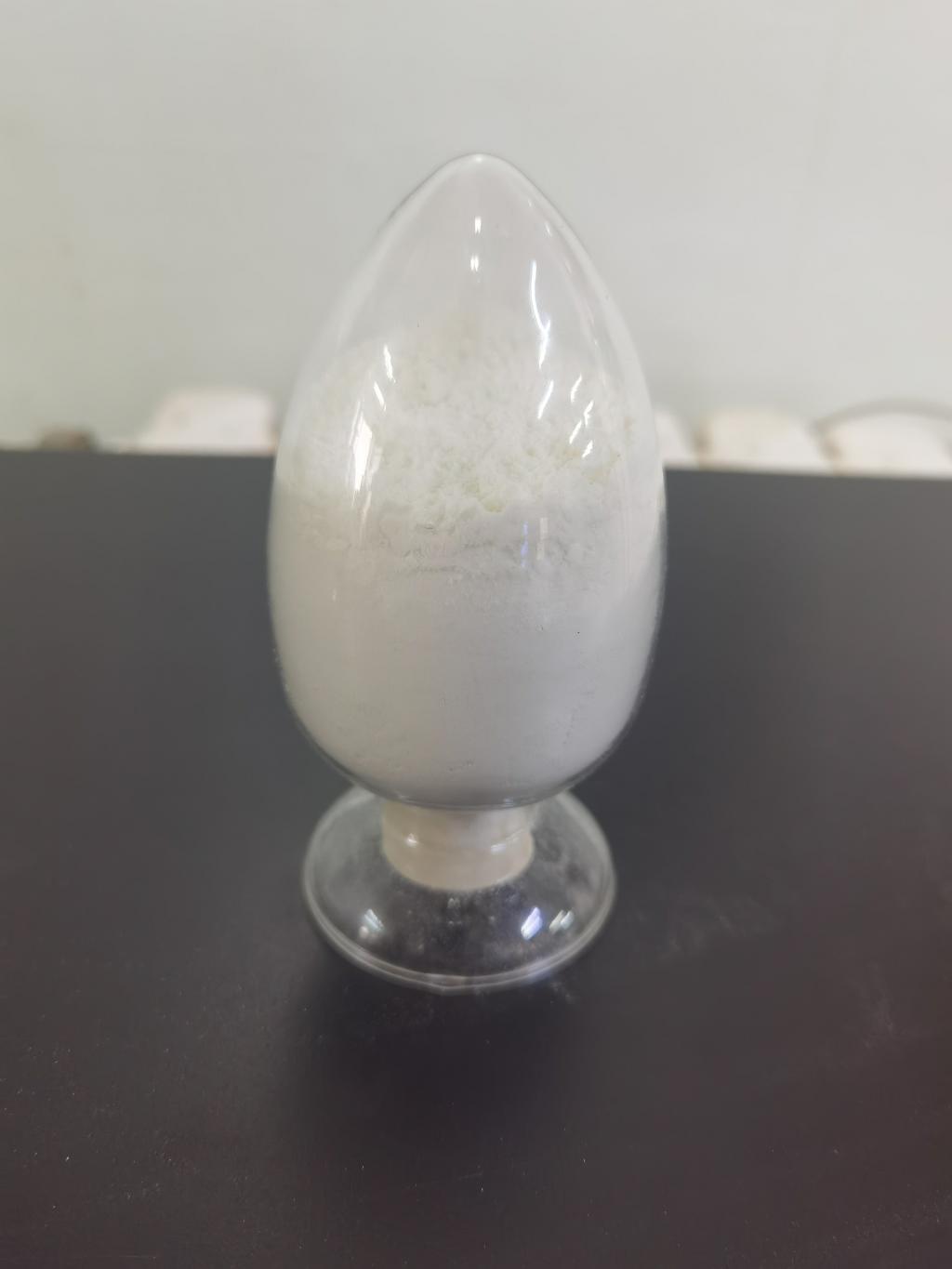Tel:+8618231198596

News
 CONTACT
CONTACT
 CONTACT
CONTACT
- Linkman:Linda Yao
- Tel: +8618231198596
- Email:linda.yao@dcpharma.cn
- Linkman:CHARLES.WANG
- Department:Overseas
- Tel: 0086 0311-85537378 0086 0311-85539701
News
ε-Polylysine hydrochloride as a natural alternative to chemical preservatives in fermented foods.
TIME:2023-08-15
Introduction:
Fermented foods are beloved for their rich flavors, diverse textures, and potential health benefits attributed to their probiotic content. However, the preservation of these foods to maintain their quality and safety remains a crucial challenge. Chemical preservatives have been widely used to extend shelf life and prevent spoilage, but the demand for clean label and natural ingredients has led to a search for alternative methods. ε-Polylysine hydrochloride, a natural antimicrobial peptide, offers a promising solution to this dilemma.
ε-Polylysine Hydrochloride: A Natural Antimicrobial Agent:
Derived from the fermentation of Streptomyces albulus, ε-polylysine hydrochloride is a cationic peptide with strong antimicrobial activity against a range of microorganisms. Its safety profile and compatibility with food matrices make it an attractive candidate for use in preserving fermented foods without compromising their sensory attributes.
Preservation Challenges in Fermented Foods:
Fermented foods are susceptible to microbial growth due to their intrinsic high moisture content and acidic conditions. Pathogenic and spoilage microorganisms can compromise the quality, safety, and shelf life of these products. Traditional preservation methods, such as heat treatment and chemical additives, may alter the unique characteristics of fermented foods.
Mechanism of Action of ε-Polylysine Hydrochloride:
ε-Polylysine hydrochloride exerts its antimicrobial effect by disrupting cell membranes and inhibiting bacterial growth. Its cationic nature allows it to bind to negatively charged bacterial surfaces, leading to membrane leakage and cell death. This targeted mechanism of action against a wide range of microorganisms is a key factor in its potential as a natural preservative.
Applications of ε-Polylysine Hydrochloride in Fermented Foods:
ε-Polylysine hydrochloride can be incorporated into fermented food formulations through various methods, including direct addition or surface coating. Studies have demonstrated its efficacy in inhibiting the growth of spoilage and pathogenic bacteria, yeast, and molds, thereby extending the shelf life of fermented products.
Benefits of ε-Polylysine Hydrochloride Application:
The utilization of ε-polylysine hydrochloride in fermented foods offers multiple advantages. Firstly, it aligns with consumer preferences for natural and minimally processed products, addressing the clean label trend. Secondly, ε-polylysine hydrochloride's broad-spectrum antimicrobial activity can reduce the reliance on synthetic chemical preservatives, contributing to a safer and more sustainable food supply. Lastly, by preventing spoilage and enhancing safety, it reduces food waste and supports economic and environmental sustainability.
Regulatory Considerations:
The use of ε-polylysine hydrochloride as a preservative in fermented foods is subject to regulatory approval and guidelines. Regulatory bodies such as the Food and Drug Administration (FDA) assess its safety and efficacy before allowing its use in food products. Adherence to these regulations is crucial to ensure consumer safety and product legality.
Future Directions and Challenges:
While ε-polylysine hydrochloride shows promise as a natural preservative for fermented foods, further research is needed to optimize its application methods, concentrations, and interactions with different food matrices. Collaborative efforts between researchers, food manufacturers, and regulatory agencies are essential to address challenges and ensure successful implementation.
Conclusion:
ε-Polylysine hydrochloride offers a natural and effective alternative to chemical preservatives in preserving the quality, safety, and shelf life of fermented foods. Its antimicrobial properties, compatibility with clean label trends, and potential for reducing food waste position it as a valuable tool in the modern food industry. By harnessing the power of ε-polylysine hydrochloride, fermented food producers can continue to deliver flavorful and nutritious products while meeting the demands of an evolving consumer landscape.
- Tel:+8618231198596
- Whatsapp:18231198596
- Chat With Skype







